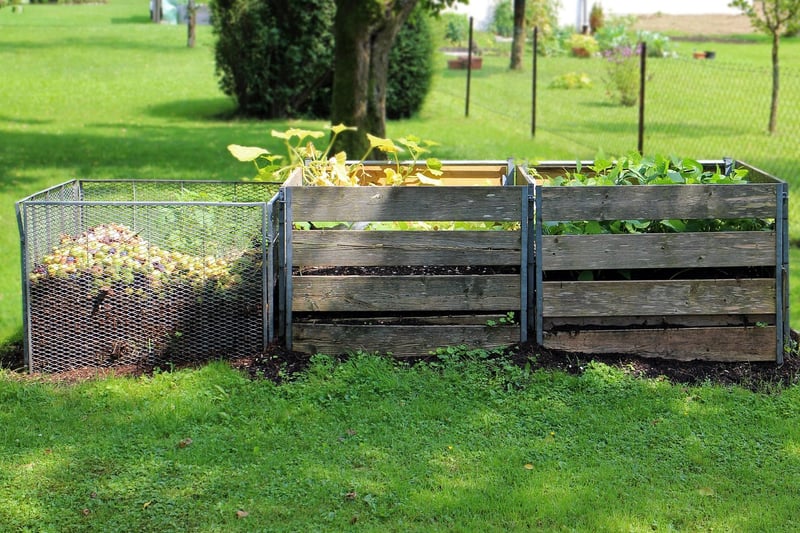Composting Tips
Environmentally Friendly Gardening Methods + Composting Tips
Introduction
Gardening is not only a rewarding hobby but also a way to contribute positively to the environment. By incorporating environmentally friendly gardening methods and composting into your routine, you can create a sustainable and thriving garden while reducing your carbon footprint.
Environmentally Friendly Gardening Methods
There are several eco-friendly practices you can implement in your garden to promote biodiversity, conserve water, and reduce waste. Some of these methods include:
- Native Plants: Choose native plants that are well-adapted to your region's climate and soil conditions. They require less water and maintenance compared to exotic species.
- Water Conservation: Use mulch to retain soil moisture, install a rain barrel to collect rainwater for irrigation, and opt for drip irrigation systems to minimize water wastage.
- Organic Pest Control: Avoid synthetic pesticides and opt for natural alternatives like neem oil, ladybugs, or companion planting to control pests without harming beneficial insects.
- Companion Planting: Planting compatible species together can help repel pests, attract beneficial insects, and improve soil health.
- Composting: Composting organic kitchen waste and garden debris not only reduces landfill waste but also creates nutrient-rich soil amendment for your garden.
Composting Tips
Composting is a simple and effective way to recycle organic matter and enrich your garden soil. Follow these tips to start composting successfully:
- Choose a Compost Bin: Select a suitable compost bin or create a compost pile in your garden. Ensure proper aeration and drainage for optimal decomposition.
- Green vs. Brown Materials: Balance green materials like fruit scraps and grass clippings with brown materials like dry leaves and shredded paper to maintain a healthy compost pile.
- Turn the Compost: Regularly turn the compost pile to aerate it and speed up decomposition. This will help prevent foul odors and encourage the breakdown of organic matter.
- Monitor Moisture Levels: Keep the compost pile moist but not waterlogged. Add water if it appears dry or incorporate more dry materials if it's too wet.
- Patience is Key: Composting takes time, so be patient and allow nature to work its magic. You'll soon have nutrient-rich compost to feed your plants.
By following these environmentally friendly gardening methods and composting tips, you can create a sustainable garden that thrives while minimizing environmental impact. Embrace these practices to enjoy a beautiful and eco-friendly outdoor space!

Image source: Pixabay
